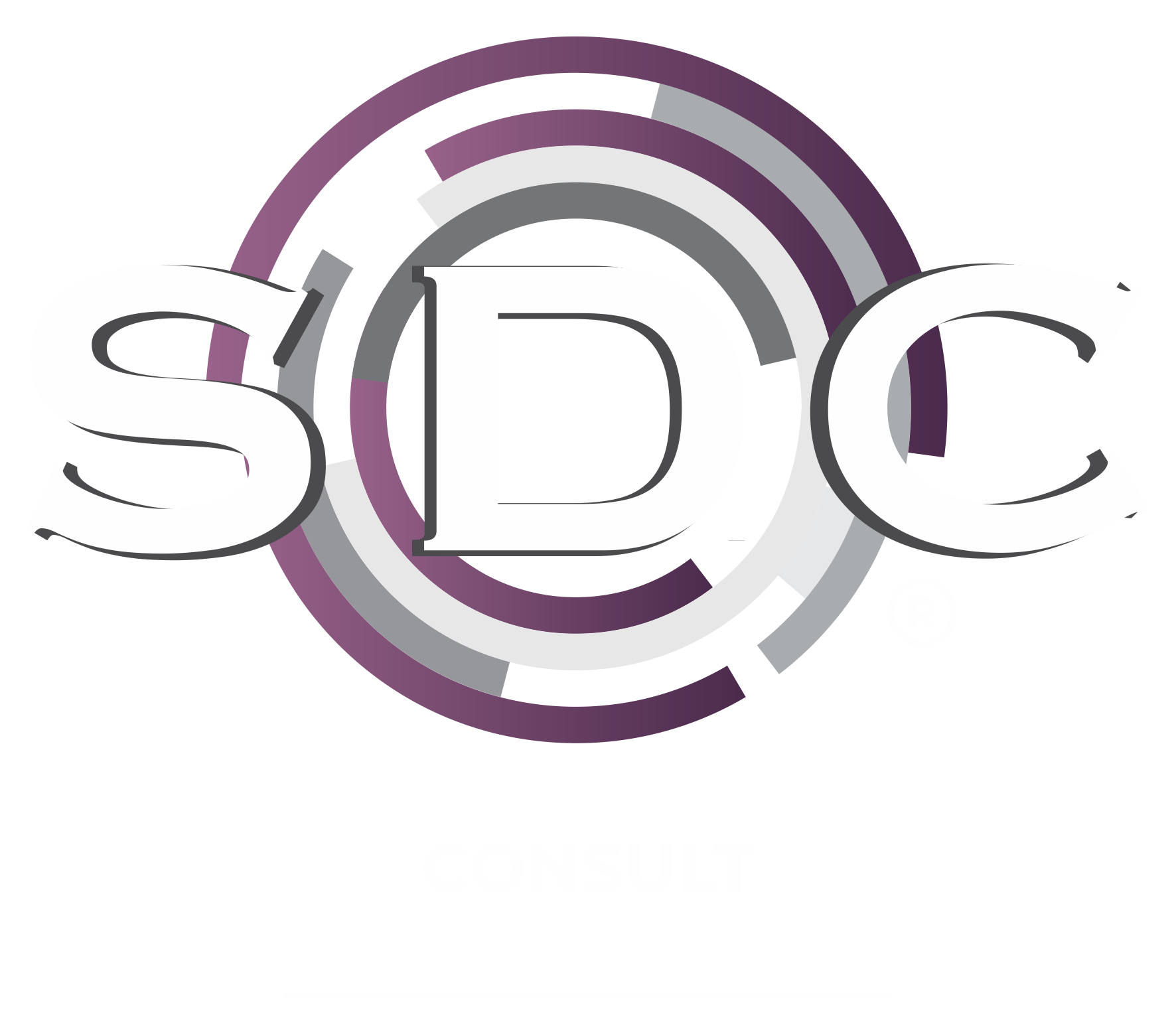
-
SDC Consult > Blog > coida > WSP/ATR Submissions and Discretionary Grant Applications
Blog Details
WSP/ATR Submissions and Discretionary Grant Applications

In South Africa, the Skills Development Levy (SDL) is a tax levied on businesses to fund skills development initiatives administered by Sector Education and Training Authorities. Not all employers are obligated to pay SDL; it is determined by specific factors.
Who Needs to Pay SDL?
Who Needs to Pay SDL?
The following companies are required to pay SDL under the Skills Development Levies Act:
Companies whose annual total payroll exceeds R500,000 –
- – Employers must pay SDL if their total annual payroll exceeds R500,000, per Section 3(1) of the Skills Development Levy Act.
- – Payroll includes commissions, bonuses, wages, salaries, and other taxable compensation as specified in the Income Tax Act of 1962’s Fourth Schedule.
Employers who are liable to pay PAYE in terms of the Income Tax Act are also required to register for and pay SDL, provided their payroll exceeds the threshold mentioned above.
SDL Contribution Rate
Under Section 3(4) of the Skills Development Levy Act, the SDL rate is:
1% of the total remuneration paid by the employer during each month.
This amount is paid to the South African Revenue Service (SARS) through the monthly EMP201 form, along with PAYE and UIF contributions.
Purpose of the SDL
The National Skills Fund (NSF) and the different Sector Education and Training Authorities (SETAs) receive the money raised by SDL to:
- – Encourage workforce skill development and training.
- – Provide funding for internships, learnerships, and other training initiatives that take place in the workplace.
What are WSP and ATR?
-
Employers are required to submit the Workplace Skills Plan (WSP) and Annual Training Report (ATR) to their relevant Sector Education and Training Authorities (SETAs) on an annual basis.
A Workplace Skills Plan (WSP) defines a company’s training and development plans for the upcoming year. It is consistent with the company’s operational goals and the skills gaps observed among employees.
ATR (Annual Training Report) is a retrospective report detailing the previous year’s training activities. It compares planned WSP activities to actual training given, demonstrating skill development progress.
WSP/ATR Submissions: Why Are They Important?
-
- Required for Compliance:
These documents must be submitted to the SETA each year by all businesses that pay the Skills Development Levy (SDL). Penalties or being denied money are possible outcomes of noncompliance.
- Access to Mandatory Grants:
Employers can reduce training expenses by claiming up to 20% of their SDL contributions as mandatory grants by submitting a compliant WSP/ATR.
- Alignment with Skills Development Goals:
WSP/ATR submissions guarantee that companies meet the specific needs of their workforce while also contributing to the national skills development goals.
What Are Discretionary Grants?
-
-
Discretionary Grants are funds allocated by SETAs to support specific skills development projects. These grants are available for various programs, including:
- – Learnerships
- – Internships
- – Bursaries
- – Skills programs
- – Workplace-based learning
- – Apprenticeships/ARPL’s
-
Unlike Mandatory Grants, Discretionary Grants are competitive and require a thorough application process. Discretionary Grants are at the discretion of the SETA’s and are not guaranteed.
-
How to Apply for Discretionary Grants:
- Understand the SETA priorities:
SETAs establish yearly funding windows based on the Sector Skills Plan (SSP), which identifies priority areas for skill development. Ensure that your application is in line with these priorities.
- Submit a compliant WSP/ATR:
A compliant WSP/ATR submission is often required to apply for discretionary funds. It shows your company’s dedication to skill development.
- Create a strong proposal:
This includes specific project plans, budgets, and predicted outcomes. Highlight the project’s possible impact on employees, the company, and the larger sector.
- Meet Deadlines:
SETA funding windows are time sensitive. Keep track of application deadlines to avoid missing opportunities.
- Monitor and Report:
Successful applicants must adhere to SETA guidelines for implementation and reporting. Regular monitoring ensures the project remains on track and aligns with agreed outcomes.
Conclusion
-
Navigating the world of WSP/ATR submissions and discretionary grant applications can seem difficult, but with proper planning and execution, it offers immense benefits. By staying compliant and leveraging available grants, companies can foster a culture of continuous learning, enhance workforce capabilities, and contribute to national skills development goals.
To simplify the process, SDC Consult provides expert services to ensure smooth submissions and applications. From preparing compliant WSPs and ATRs to creating compelling discretionary grant proposals, SDC Consult assists companies every step of the way, saving you time and maximizing your chances of success.
Investing in these processes not only strengthens your business but also supports South Africa’s broader economic and social development agenda.
Short Courses
- Basic Conditions of Employment
- Fire Fighting
- Computers In The Workplace
- Customer Service
- Decision Making and Resource Management
- Emotional Intelligence
- Employment Equity
- Basic Excel
- Perform Basic Life Support & First Aid Procedures
- HIV and AIDS Awareness
- Human Resource Management
- Junior Management
- Leadership and Mentoring
- Marketing 101
- Occupational Health and Safety
- The Personal Assistant




Recent Comments